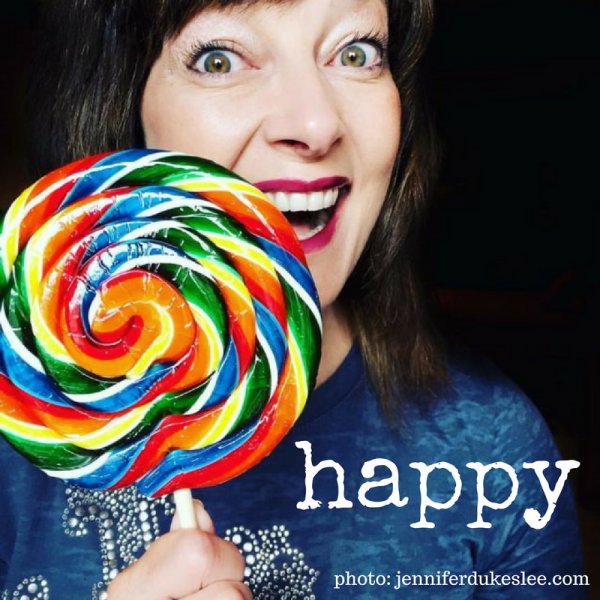
Photo Credit: Francesca Cappa via Compfight cc
I’ll admit I was raised to believe that happiness isn’t all that important. (At least that’s what I got out of it, though it may not have been my parent’s intention). Previous generations didn’t worry about being fulfilled, they just got the job done. I saw happiness as a poor theological interpretation of joy. Joy is what we’re supposed to be about. Joy is deliberate not fleeting, and it’s often supposed to be pursued during the times you feel the least happy.
I remember being in a small group during the first decade of our marriage, four or five years in I think. The book we were studying included the line “Marriage isn’t designed to make you happy but to make you holy.” While in principle I agree with this, it struck me wrong. The discussion that followed seemed to imply that if you were happy you were doing it wrong. Now we were still newlyweds then, relatively speaking. We hadn’t hit the rough patches that wouldn’t come until year seven and twelve/thirteen. But at the same time, it seemed to me that everyone’s goal was to be happily married. Why would you want to be unhappy unless it was temporary while working towards being happy again?
Now maybe I’m just arguing semantics. But I think it’s Ok to be happy. I think one of the problems though is that most of us don’t know what will make us happy. We know what we THINK will make us happy. More money, a bigger house, finally getting the laundry done. But it’s possible that those aren’t really all that important. Because we each have different needs and sometimes some things just don’t matter to some people. Things that make me happy. A good book. A quiet dinner with my husband. Knitting. A clean house. Now, these things are fleeting and temporary. So by necessity, my happiness will be also. That doesn’t mean I have to be miserable the rest of the time, but rather that I should plan for and look forward to those things that do make me happy. But I also need to be careful not to the resent all the necessary aspects of life in between that don’t necessarily make me happy. (A clean house makes me feel happy; cleaning does not).
I think the point that was trying to be passed on to me was the happiness is not the main goal, because it can’t be, it’s temporary. So you can’t use it as a goal. But you can pursue the activities and lifestyles that make you happy much of the time. (This is of course assuming that what makes you happy isn’t inherently damaging to others, but that’s another whole issue I’m not going into now). Yet do that, we have to be self aware and make the time to figure out what really fills our cups.

Want to join us? Find out more here.












Hi, I’m your FMF neighbor this week. I agree with your take that there is a place for happiness in the Christian life. Personally, I tend toward worry, and the Lord has taught me over the years that to let go and just be happy is a part of trusting him. There is also a good quote in the Screwtape Letters that says that pure happiness is a great threat to the devil. Thanks for your thoughtful post!
I think you are right. It’s easy to buy into the modern idea that happiness is the most important thing. But I agree with you that it was intended to be part of our lives as Christians. While I still don’t think God’s primary goal is that we always be happy, if it wasn’t part of what we were intended for, we wouldn’t be made for laughter.